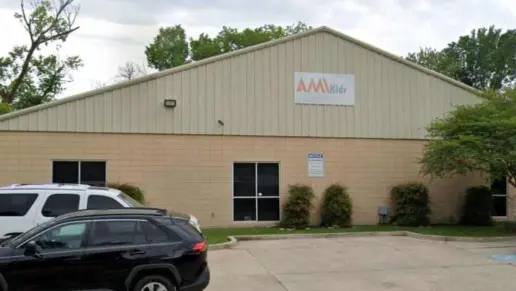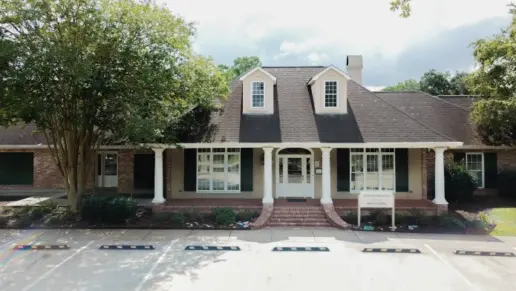About Sanctuary Louisiana
Sanctuary Louisiana is a 12 step focused drug and alcohol rehab for adult men in Iowa, Louisiana. They specialize in dual diagnosis care, court mandated treatment, intensive inpatient treatment, and aftercare planning and support. Their primary treatment modalities combine trauma informed psychotherapy with recovery focused life skills training.
Sanctuary Louisiana, in Iowa, Louisiana, is a 12 step focused, residential addiction recovery center for adult men providing dual diagnosis care, services for justice involved clients, intensive inpatient programming, and aftercare planning and support.
The inpatient program at Sanctuary Louisiana allows clients to focus on their recovery in a private, home like environment with premium amenities, including a wilderness setting and hiking trails. Clients receive medical and mental health assessments, individualized treatment plans, and comprehensive case management. Clients also engage in intensive, trauma informed individual, group, and family counseling. Recovery focused life skills training, including courses in coping, self care, wellness, anger and stress management, and relapse prevention, is prioritized.
Sanctuary Louisiana promotes clients’ successful reintegration into their families, home, workplace, and community through robust aftercare support. Their strong continuum of care includes step down outpatient treatment aligned with clients’ evolving needs. Levels of care include intensive outpatient (IOP), standard outpatient, and sober living programs. Peer coaching, career counseling, and referrals for medical, mental health, and social service programs are available.
Sanctuary Louisiana is CARF accredited. They accept private insurance, Medicaid, and self pay.
Facility Overview
Latest Reviews
Rehab Score
Accepted Insurance



Other Forms of Payment
Private insurance refers to any kind of healthcare coverage that isn't from the state or federal government. This includes individual and family plans offered by an employer or purchased from the Insurance Marketplace. Every plan will have different requirements and out of pocket costs so be sure to get the full details before you start treatment.
Self-pay involves paying for treatment out of your own pocket. You can use savings or credit, get a personal loan, or receive help from family and friends to fund your treatment. If you don't have insurance or your insurance plan doesn't cover a specific program, self-pay can help ensure you still get the care you need.
Medicaid is a state based program that helps lower-income individuals and families pay for healthcare. Medicaid covers addiction treatment so those enrolled can use their coverage to pay for rehab. When a program accepts Medicaid the client often pays very little or nothing out of their own pocket.
Addiction Treatments
Levels of Care
Treatments
Many of those suffering from addiction also suffer from mental or emotional illnesses like schizophrenia, bipolar disorder, depression, or anxiety disorders. Rehab and other substance abuse facilities treating those with a dual diagnosis or co-occurring disorder administer psychiatric treatment to address the person's mental health issue in addition to drug and alcohol rehabilitation.
A combined mental health and substance abuse rehab has the staff and resources available to handle individuals with both mental health and substance abuse issues. It can be challenging to determine where a specific symptom stems from (a mental health issue or an issue related to substance abuse), so mental health and substance abuse professionals are helpful in detangling symptoms and keeping treatment on track.
Programs

Clinical Services
Group therapy is any therapeutic work that happens in a group (not one-on-one). There are a number of different group therapy modalities, including support groups, experiential therapy, psycho-education, and more. Group therapy involves treatment as well as processing interaction between group members.
In individual therapy, a patient meets one-on-one with a trained psychologist or counselor. Therapy is a pivotal part of effective substance abuse treatment, as it often covers root causes of addiction, including challenges faced by the patient in their social, family, and work/school life.
Research clearly demonstrates that recovery is far more successful and sustainable when loved ones like family members participate in rehab and substance abuse treatment. Genetic factors may be at play when it comes to drug and alcohol addiction, as well as mental health issues. Family dynamics often play a critical role in addiction triggers, and if properly educated, family members can be a strong source of support when it comes to rehabilitation.
Life skills trainings involve all the skills a person must have in order to function successfully in the world. These include time management, career guidance, money management, and effective communication. Truly successful addiction recovery is based on the ability to not only live substance-free, but to thrive. Life skills teaches the practical necessities of functioning in society, which sets clients up for success in life, and therefore sobriety.
Experiential therapy is a form of therapy in which clients are encouraged to surface and work through subconscious issues by engaging in real-time experiences. Experiential therapy departs from traditional talk therapy by involving the body, and having clients engage in activities, movements, and physical and emotional expression. This can involve role-play or using props (which can include other people). Experiential therapy can help people process trauma, memories, and emotion quickly, deeply, and in a lasting fashion, leading to substantial and impactful healing.
Amenities
-
Hiking
Staff & Accreditations
Staff
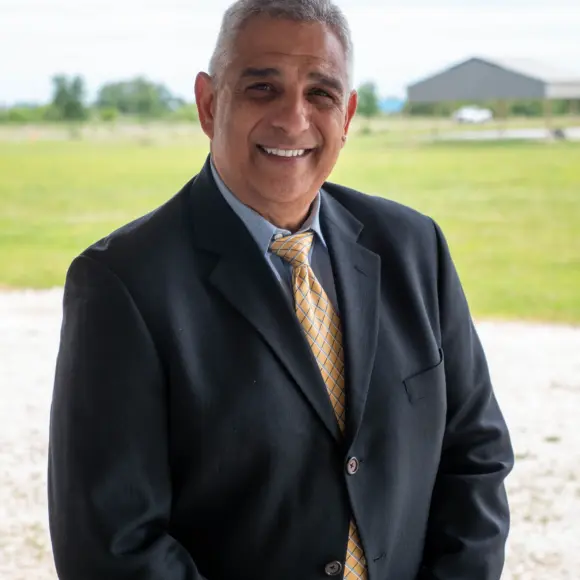
COO
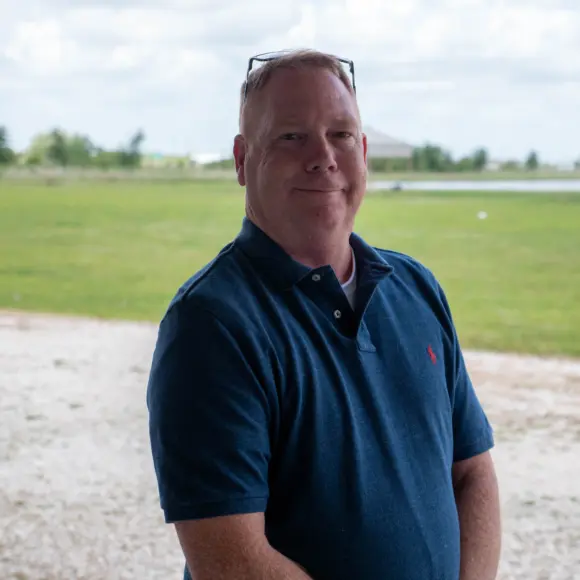
Counselor
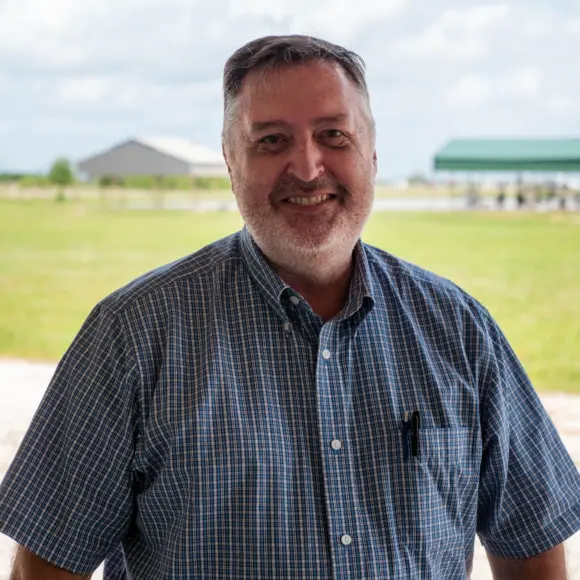
Court Liason
Accreditations

The Commission on Accreditation of Rehabilitation Facilities (CARF) is a non-profit organization that specifically accredits rehab organizations. Founded in 1966, CARF's, mission is to help service providers like rehab facilities maintain high standards of care.
CARF Accreditation: Yes
Accreditation Number: 289090
Contact Information
21089 South Frontage Road
Iowa, LA 70647






